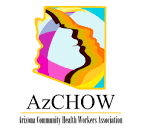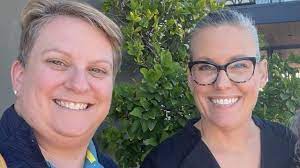Wednesday, January 11, 11:00am – 1:00pm (Zoom)
Register Here
Agenda
- Welcome & Introductions
- Approval of 2021 Business Meeting Minutes
- Treasurer’s Report
- Public Health Policy Committee Report
- Professional Development Committee Report
- Membership Committee Report
- Community Health Justice Committee Report
- Executive Director’s Report
- Recognize Outgoing Board Members
- Recognize New Incoming Board Members
- Passing the Gavel & Remarks by Incoming President







